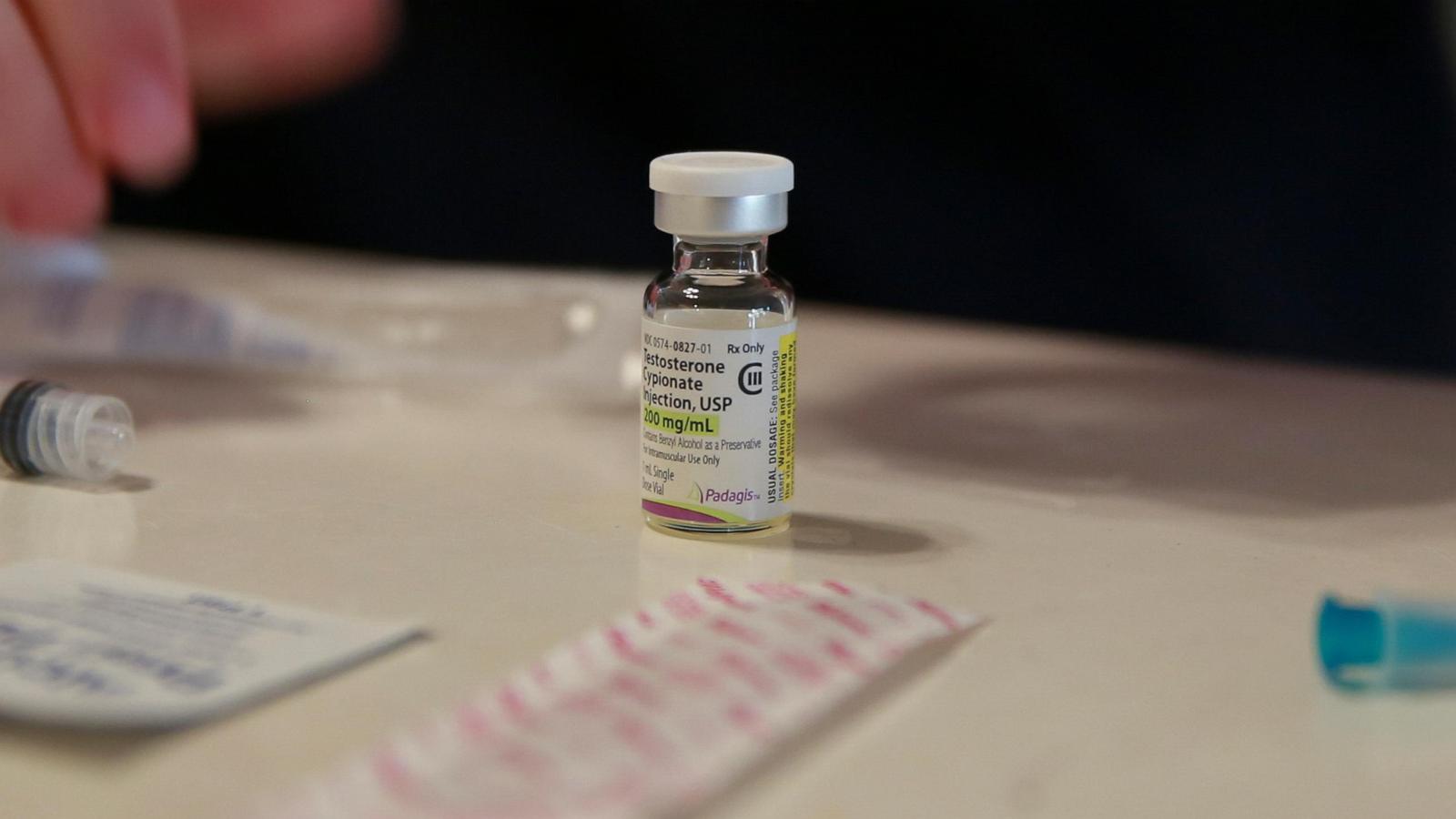Shocking New Study Reveals the Truth About Gender-Affirming Care for Transgender Youth
Are you surprised by the low numbers? A groundbreaking new study has just been published, revealing the surprisingly low number of U.S. adolescents receiving gender-affirming medications. This eye-opening research throws cold water on the heated debates surrounding this controversial topic, offering a clear and concise look at the facts, dispelling myths, and leaving many questioning what they thought they knew. Prepare to have your perceptions challenged!
The Astonishingly Low Numbers: Fewer Than 1 in 1,000
A recent study published in JAMA Pediatrics used data from a large insurance claims database covering over 5 million young people between ages 8 and 17, revealing some astonishing figures. Only a tiny fraction of U.S. adolescents with commercial insurance—less than 1 in 1,000—received gender-affirming medications, including puberty blockers or hormones, between 2018 and 2022. This is a significantly lower rate than many experts, and certainly most opponents of gender-affirming care, predicted.
Deep Dive into the Data: Numbers Speak Louder Than Words
Let's break down the numbers: Just 926 adolescents were prescribed puberty blockers, and 1,927 received hormones during the five-year study period. The study explicitly highlighted the fact that zero patients under the age of 12 were prescribed hormones. These details underscore a degree of cautious care, ensuring responsible treatment based on age-appropriate developmental guidelines.
Unpacking the Debate: Context and Considerations
This groundbreaking research provides valuable insights into the actual scope of gender-affirming care. The fact that so few adolescents receive this kind of care undercuts the inflammatory and, sometimes, completely baseless rhetoric that is pervasive among many opponents. However, it's important to remember that this study doesn't account for every potential factor. This research comes amid considerable state legislative efforts that limit or even ban gender-affirming medical care, making it critical to examine this issue with nuance and understanding.
Implications for Policy and Public Discourse
Given the significantly lower-than-expected numbers of adolescents receiving gender-affirming medications, it is vital for legislators and policymakers to ground discussions in solid evidence and scientific understanding, which are conspicuously absent from the ongoing contentious debate surrounding transgender youth healthcare. By reframing public discourse on accurate statistics, the conversation moves toward thoughtful, measured, and beneficial legislative outcomes.
Understanding the Limitations: Why this isn't the whole story
It's also vital to understand that the study's findings do not include data from Medicaid beneficiaries. Further, the study does not examine surgeries. Even still, it provides valuable context and paints a more comprehensive picture of the realities of transgender adolescent healthcare than many currently available narratives.
Expert Perspectives: What the Experts Say
Dr. Landon Hughes, a leading researcher and author of the study, emphasizes that this data counters exaggerated claims of widespread inappropriate treatment: "We are not seeing inappropriate use of this sort of care," he notes, underlining the responsible practices found in the study. Similarly, Dr. Scott Leibowitz, co-lead author of the World Professional Association for Transgender Health's adolescent standards of care, affirms that this study is yet more evidence of best practices for the trans youth healthcare community. It also highlights that care needs to consider individual developmental factors when determining what kind of medical treatment is most appropriate for an adolescent.
Beyond the Numbers: A Deeper Look at Comprehensive Care
It's critical to reiterate that many more considerations inform gender-affirming care, far beyond this study's limitations and data. Understanding a transgender young person's journey and their unique path requires working with specialists who offer informed, supportive care and guidance. Each individual case requires comprehensive expertise and a collaborative approach.
Take Away Points
- The number of U.S. adolescents receiving gender-affirming medications is significantly lower than widely perceived.
- The study underscores the responsible medical practices surrounding the administration of such care.
- Policymakers and public discourse should be grounded in accurate, comprehensive data to ensure sound and responsible legislation.
- Comprehensive and individualized care considers various factors in the approach for transgender and gender-diverse youth.
This study provides a much-needed reality check, serving as an essential tool to counteract misinformation and foster informed discussions surrounding gender-affirming care for transgender adolescents. By centering conversations on evidence-based data, we can move closer to a more empathetic and sensible approach for all.




